With a passionate appeal for forgiveness and peace in the country’s war-torn society, Pope Francis concluded his visit to South Sudan.
He said to the people; “Dear brothers and sisters, I return to Rome with you even closer to my heart.”
“Never lose hope. And lose no opportunity to build peace. May hope and peace dwell among you. May hope and peace dwell in South Sudan.”
At a 100,000-person open-air Mass held on the grounds of John Garang’s mausoleum in the South Sudanese capital Juba on Sunday, Francis made the request.
He exhorted worshipers to reject the “blind fury of violence,” urging both the nation’s president and his opponents to do the same.
Francis urged attendees to forge “good human relationships as a way of curbing the corruption of evil, the disease of division, the filth of fraudulent business dealings and the plague of injustice,” while also calling for an end to tribalism, financial wrongdoing, and the alleged corruption at the root of many of the country’s problems.
As Francis entered the grounds, many people in the audience began to sing, drum, and ululate. Loud shouts frequently interrupted his homily.
The Archbishop of Canterbury, Justin Welby, who is the head of the worldwide Anglican Communion, and Iain Greenshields, the moderator of the General Assembly of the Church of Scotland, joined Francis for the “pilgrimage of peace,” marking the first time in Christian history that leaders of the Catholic, Anglican, and Reformed traditions traveled abroad together.
Francis decried what he called the foreign pillage of Africa during a stop in the Democratic Republic of the Congo, which is home to Africa’s largest Roman Catholic community.
Francis has long expressed interest in South Sudan, the youngest nation in the world, which seceded from Sudan in 2011 but rapidly spiraled into a civil conflict that claimed 400,000 lives and drove millions of people from their homes.
Francis kissed the feet of the nation’s former rival leaders during a summit at the Vatican in 2019, making it one of the most spectacular acts of his pontificate.
Although President Salva Kiir, his longstanding foe Riek Machar, and other opposition organizations signed a peace agreement in 2018, violence has continued in several regions of the nation.
27 people were killed on Thursday, the day before the pope arrived, in clashes in the nation’s Central Equatoria state between cattle herders and members of an armed group.
Many of the agreement’s stipulations, such as the creation of a single national army, are still mostly unfulfilled at this day.
In addition to highlighting the humanitarian situation in the nation of almost 11 million people, which has been further plagued by natural disasters and pervasive poverty despite having some of the largest crude oil reserves in sub-Saharan Africa, the three Christian leaders’ trip sought a recommitment to the 2018 agreement.



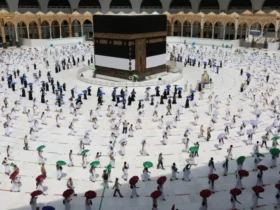
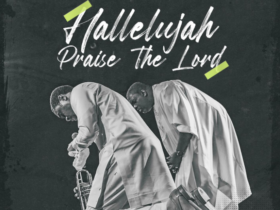
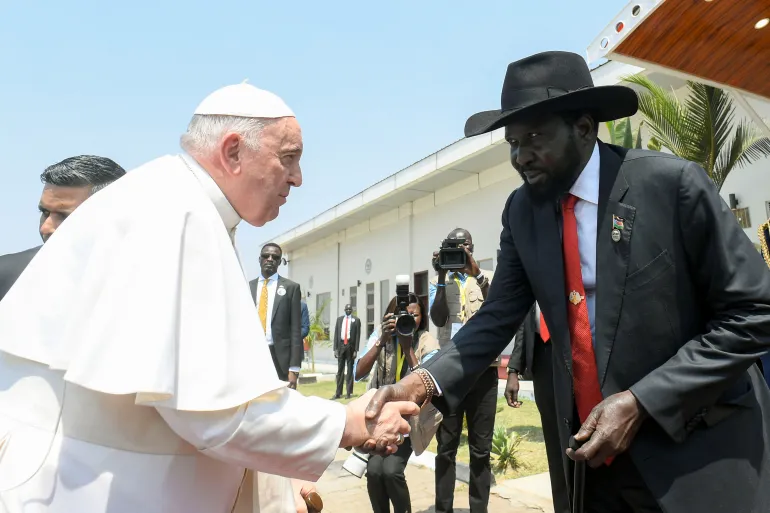
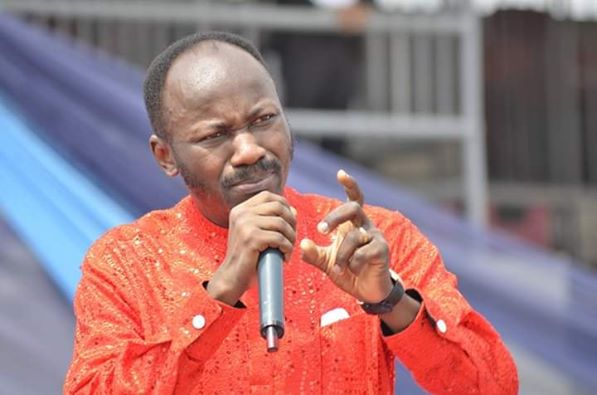
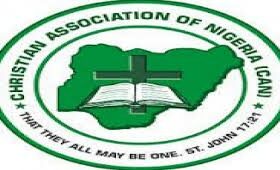
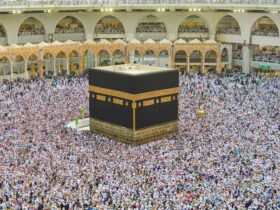
Leave a Reply